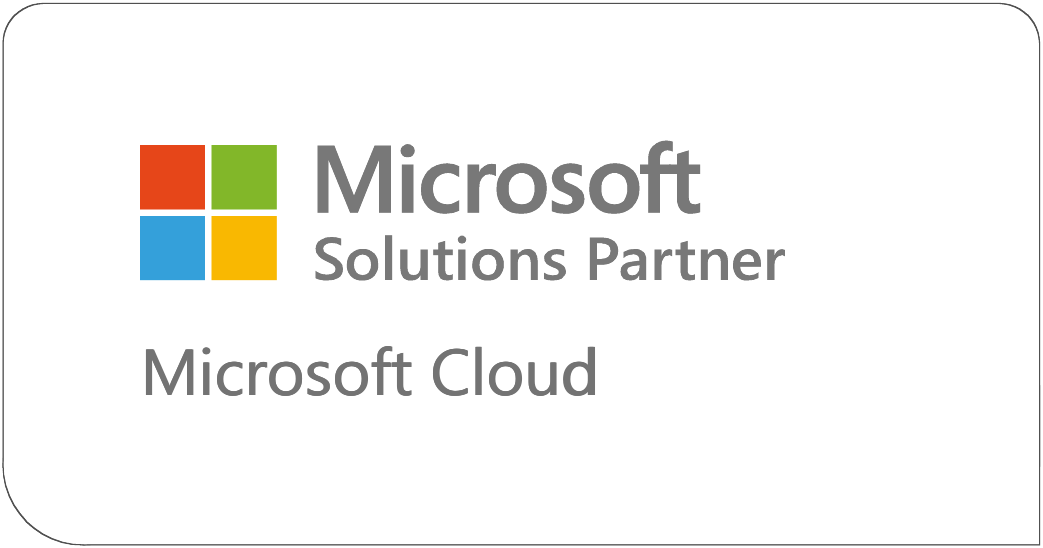In this new age of manufacturing and industrial processes, Industry 4.0 also entails new expectations for products and services. Syntax supports manufacturing enterprises in the digitalisation of the most important part of their value chain – the production line. The objective is to create a digital factory with a fully optimised production cycle, from development through manufacturing to additional services and future-proof business models.
Join Syntax on the way to the Digital Factory
We are industry experts and when it comes to digitalising production we exclusively deploy SAP solutions. Using the SAP Digital Manufacturing Suite (SAP ME and SAP MII) in combination with the SAP Digital Manufacturing Cloud, we guide you through the most important steps:

Process digitalisation
We ensure that the technological prerequisites are met for your paperless production, collating structured data and information from a variety of sources. This provides the foundation for creation of a digital map of all of your production processes across all lines and manufacturing zones.
Horizontal integration
We combine individual isolated solutions to form a single central Manufacturing Execution System (MES), giving you an overall view and dashboard for controlling all of your supply-chain processes and tighter integration of individual production processes.
Vertical integration
By connecting the key objects from the shop floor to the top floor, we lay the foundations for an intelligent enterprise in which all areas of the business can share and access consistent, uniform data, with production at its beating heart, driving value.
Optimised operations
Once the technological implementation is complete, our Application Management Services (AMS) ensure that the data gathered in the digitalisation of production systems is combined and used to continually improve processes and increase overall efficiency.
Benefits of the digital factory
When planning and implementing the digital factory, Syntax puts people front and centre. Our solutions support IT staff and production line workers equally. They foster harmonious human-machine interactions and allow manufacturing enterprises to take advantage of many key benefits:

Transparency
With horizontal and vertical integration, and analysis of all data and processes, managers can use mobile devices, human interfaces and dashboards to keep an eye on all their processes at all times, and reach informed decisions.

Synergy
Alongside highly accurate product traceability, networked production processes also allow non-utilised potential to be realised and sustainably increase productivity throughout manufacturing.

Higher quality
A transparent view of all digitally mapped production processes lets you identify inefficient parts of the line and respond appropriately to improve quality and cut wastage.

Higher efficiency
Components like digital operator guidance and fully paperless manufacturing form the basis for maximum automation and thereby improving efficiency of production processes.
Challenges of the digital factory
Depending on your starting point, the route to building the digital factory involves overcoming two major challenges in particular. Your chances of success are much greater when you have an experienced partner at your side.
Establishing a uniform MES
The added value of connecting your production facility in the context of an Industry 4.0 upgrade will only be realised if the various heterogeneous production systems from individual lines and areas can be combined in a central MES. This is also a key aspect of harmonising production data. Achieving it requires a fundamental understanding of all the technologies involved.
Integration with existing IT systems
The pursuit of uniformity and harmonisation also applies to the connection of production systems to the existing ERP software within the enterprise. Only then is it possible to take full advantage of all of the efficiency improvements from automation and integration with other areas of the business. Once again, this requires not only technological know-how but also an in-depth understanding of all industry-specific processes.

Practical examples of the digital factory
The case studies below illustrate how Syntax has supported its customers from planning to implementation and operation of a digital manufacturing process.
Smart Press Shop
Smart Press Shop is a joint venture of Porsche and the moulding specialist Schuler. It built the world’s most advanced pressing plant at its site in Halle an der Saale. The underlying production system operates almost autonomously, using systems including SAP Digital Manufacturing Cloud for Execution. The solution automates the pressing line and the laser cutting machines, including tooling and set-up of pressing tools. Syntax’ role in this pioneering project was as implementation partner, and we also look after the ongoing smooth operation of the solution.
Weidmüller
Weidmüller, a manufacturer of electronic connector systems, had set the target of removing paper from its production. The company is not only an Industry 4.0 supplier, but also a user. For its plant in Wutha-Farnroda it opted for a fully connected MES using SAP, and Syntax of course. The production machines were equipped with sensors to enable the company to digitalise its systems and control central processes using an app developed by Syntax. During the development process Syntax involved Weidmüller’s employees who would be the future users of the app, to achieve the transition from the clipboards to iPods in just three months.
FAQ: Digital Factory
What is a digital factory in the Industry 4.0 era?
A digital or smart factory is a production plant that connects production lines both horizontally through a central Manufacturing Execution System (MES) and vertically with existing ERP software. This integration gives the enterprise a transparent overview of all of its production processes and forms the basis for maximum automation of all processes, including in other areas. It is the foundation for improving the efficiency of plant operations, with better product traceability, electronic operator guidance, quality management, process control, paperless manufacturing and, in conjunction with the IIoT[A1], predictive maintenance.
What is an MES in the Industry 4.0 era?
A Manufacturing Execution System (MES) is a production management system that is used to control manufacturing processes within a production line. When it comes to Industry 4.0, and the associated networking of production plant, any systems that were previously acting in isolation are joined together in a central MES. The result allows the enterprise to map, manage and monitor all of the production processes inside a smart, digital factory. Data that flows into this system comes both from equipment (via sensors, for example) and from employees on the production line who use hand-held devices or machine interfaces to give their input.


